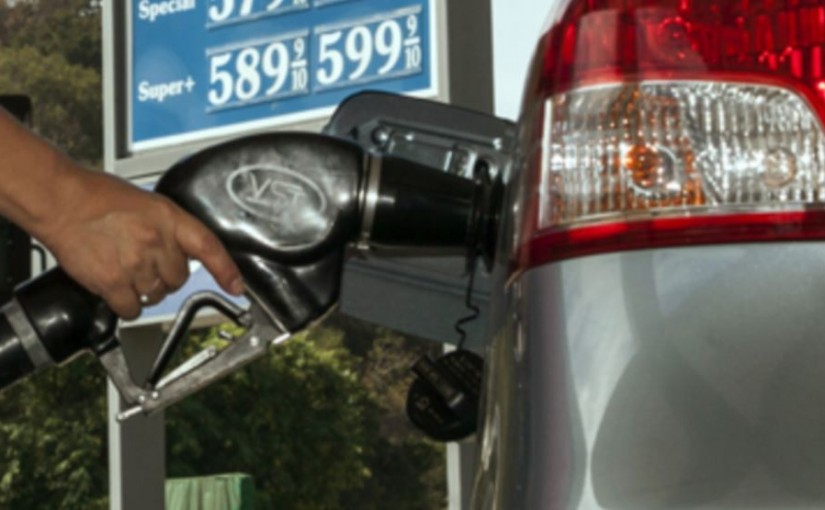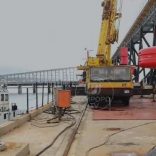Maputo-Temane power line: Commercial operation rescheduled for late next year - report
Metical devaluation triggers fuel smuggling in central Mozambique

Fuel smuggling taking advantage of the sharp devaluation of the metical against the dollar into Zimbabwe has become a thriving business in the border city of Manica, central Mozambique.
The fuel leaves Mozambique – and formal channels – in 20-litre drums at the border village of Machipanda and Manica city, 15 and 35 kilometres respectively from Mutare, in Zimbabwe, where it feeds an enormous network of illegal backyard filling stations.
“We buy the fuel in 20-litre drums and overnight we smuggle it through unmarked border points, avoiding the guards patrolling the border on both sides,” a smuggler told Lusa.
Traders buy unleaded gasoline at 51.99 meticais (US$0.69 ) a litre in Mozambique, and sell it in Zimbabwe on the informal market for between US$0.80 and US$1, while the official price at filling stations is US$1.25.
“The bulk of our customers in Zimbabwe are taxi drivers and passenger bus owners, but a number of staff and traders also use the backyard stations because they are cheap. Life is expensive in Zimbabwe, and a cheap essential product is welcome,” a smuggler called Loqueto told Lusa.
The fuel is usually smuggled by lorry or in the trunks of private cars into Zimbabwe by young Mozambicans who control the smuggling of various products across Mozambique longest land border.
“We take a lot of products, but in the last few days fuel drums are at the top of the list, and it has improved our lives,” Frederico, a young “man of freight” who travels the winding paths across the mountains to take 60 litres of fuel per trip into Zimbabwe told Lusa. “It has paid enough in recent months for me to buy a motorcycle,” he said.
On average, 15,000 litres are sold per day – about 750 20-litre drums – at the four filling stations in the district, one in the village of Machipanda and three in Manica city, a large amount for a quiet region where fuel consumption is low.
“The Petromoc pump at the entrance of the city [Manica] and the one at Machipanda were specially adapted to supply drums, but there are also many Zimbabwean cars that use our pumps,” an employee of Zabir Stations, the company who runs the four fuel stations in the region, told Lusa.
The large-scale outflow of fuel was initially resented by taxi drivers and public transport companies in Manica, who were forced to wait with smugglers in long lines for fuel.
“When this business was discovered, we had a bad time getting fuel, with long lines at the pumps, and sometimes we ran out of fuel for work, because it was flying out of the stations,” taxi driver Floriberto Taurai said.
The problem was meanwhile mitigated when specific pumps were adapted for the drums.
“We still have to be careful to make sure we have enough fuel for work every day, or otherwise we may be surprised to find that there is no more fuel when we have already loaded our passengers,” said Paunde Mariano, who drives a “My Love” passenger truck into the interior of the province.
The police declined to comment on the trade, but online newspaper New Zimbabwe reports that a woman was detained by Zimbabwean authorities for possessing 320 litres of fuel in 20-litre drums in her yard in Greenside, Mutare.
The 39-year-old woman was sentenced to a four-month prison term, commuted to a fine, for participating in a trade that is dealing official fuel stations a serious blow.












Leave a Reply
Be the First to Comment!
You must be logged in to post a comment.
You must be logged in to post a comment.